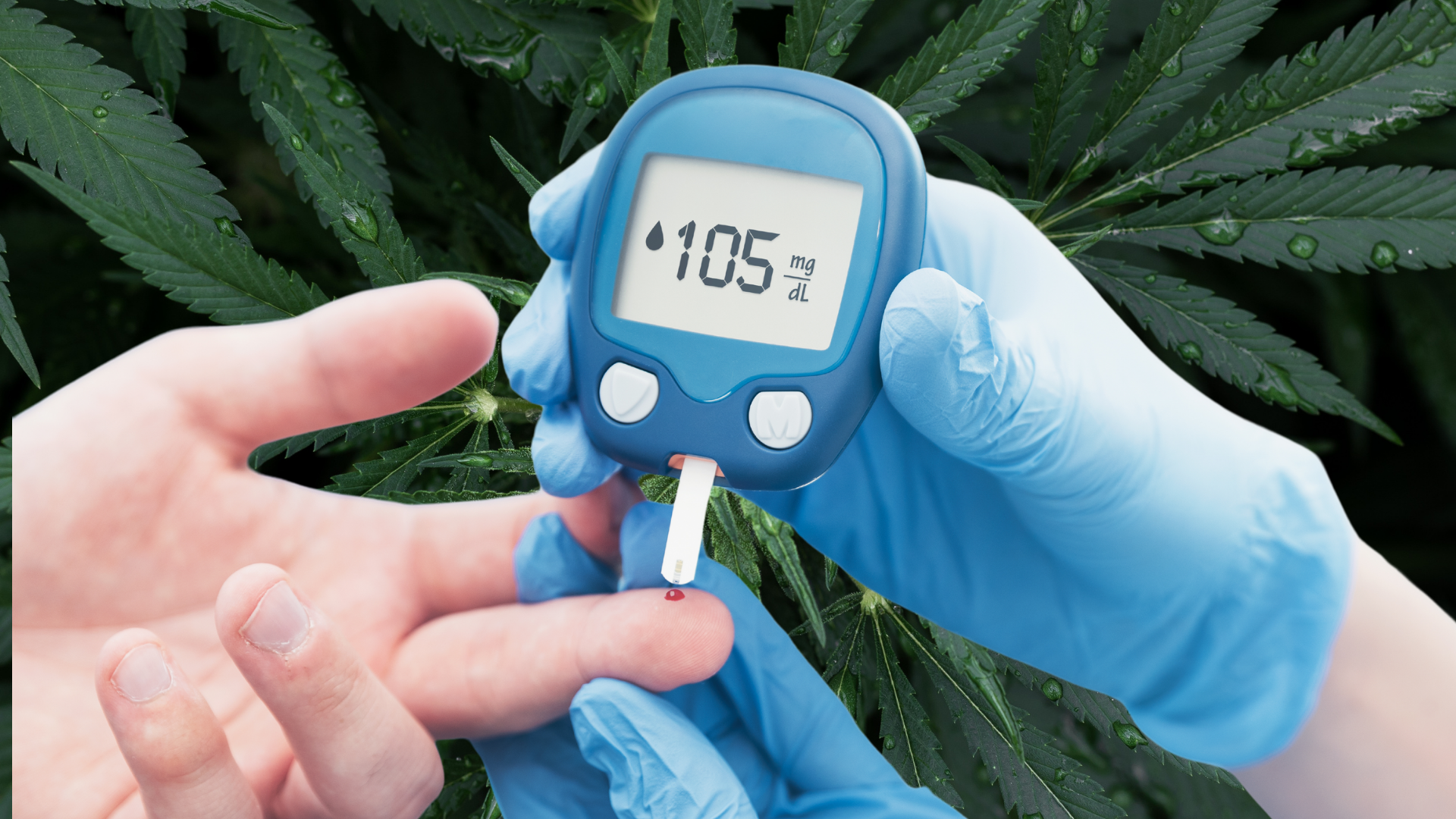
Can Medical Marijuana Help With Type 2 Diabetes?
Type 2 diabetes is a condition affecting millions of individuals globally. It is characterized by low blood sugar levels resulting from the body’s inability to effectively utilize insulin. While conventional approaches, like medication and lifestyle adjustments, play a role in managing type 2 diabetes, some people are looking into alternate therapies, such as medical marijuana. This article aims to explore the role of marijuana in assisting with type 2 diabetes management.
Understanding Type 2 Diabetes
Before discussing the advantages of marijuana, it is crucial to grasp the fundamentals of type 2 diabetes. This disorder arises when the body develops resistance to insulin or produces insufficient amounts of it. Insulin, a natural hormone produced in the body, plays a vital role in regulating blood sugar levels by aiding in glucose absorption into cells for energy generation. Uncontrolled type 2 diabetes can lead to complications like heart disease, stroke, nerve damage, kidney issues, or vision problems. Hence, effective management is essential for individuals dealing with this condition.
Medical Marijuana and Its Components
Medical marijuana involves using cannabis or cannabinoids under supervision to address health conditions. Cannabis comprises compounds known as cannabinoids that interact with receptors within the body’s endocannabinoid system. Two key elements of marijuana have attracted attention for their healing effects: delta-9-tetrahydrocannabinol (THC) and cannabidiol (CBD). THC is known for its mind-altering properties that may lead to a sense of happiness often linked with marijuana use. Conversely, CBD does not induce a “high” but is believed to offer health advantages.
Could Medical Marijuana Be Beneficial in Managing Type 2 Diabetes?
Although ongoing research on the impact of marijuana on type 2 diabetes is limited, there are a number of advantages to consider:
1. Enhanced Insulin Sensitivity:
Studies propose that specific cannabinoids in marijuana might improve insulin sensitivity. By enhancing the body’s ability to use insulin effectively, medical marijuana could potentially help regulate blood sugar levels.
2. Decreased Inflammation:
Persistent high blood sugar levels can trigger inflammation, exacerbating insulin resistance. CBD, a key element of marijuana, has shown anti-inflammatory properties in multiple studies. By reducing inflammation, medical marijuana may assist in easing insulin resistance among individuals with type 2 diabetes.
3. Pain Relief:
Neuropathy is a complication of type 2 diabetes, causing nerve damage and chronic pain in the limbs. Some studies suggest that the pain-relieving properties of cannabis could potentially alleviate the discomfort experienced by individuals dealing with pain of this nature.
4. Weight Management:
Being overweight and gaining weight are factors that increase the risk of developing type 2 diabetes and can complicate the management of the condition. Interestingly, specific types of marijuana have been linked to body mass index (BMI) and improved markers of metabolic health, such as fasting, insulin levels, and waist size.
5. Stress Reduction:
Effective stress management is essential for individuals with type 2 diabetes since stress hormones can disrupt insulin regulation and impact blood sugar levels. Medical cannabis might aid in lowering stress levels, thereby contributing to control of blood sugar levels.
The Significance of Seeking Advice
It is crucial to emphasize that incorporating marijuana into your treatment regimen should be approached with guidance from a healthcare professional who is knowledgeable about both conventional diabetes management methods and medical cannabis therapies. Seeking advice from a doctor is vital to ensure the right dosage, safety, interactions with other medications, overall health considerations, legal aspects, and adherence to local regulations.
In Summary
Some initial findings indicate that medical marijuana might offer some advantages in managing symptoms of type 2 diabetes, such as enhancing insulin sensitivity, fighting inflammation, reducing neuropathic pain, aiding in weight loss, and easing stress. However, it is not yet ready to be considered a standalone treatment option. The current body of research is limited, highlighting the necessity for further studies to establish results. What works for one person may not be effective for another, and the impact of cannabis can vary from person to person. While it could be a great choice for individuals, it is crucial to approach its use cautiously and seek advice from healthcare professionals to utilize its benefits effectively.